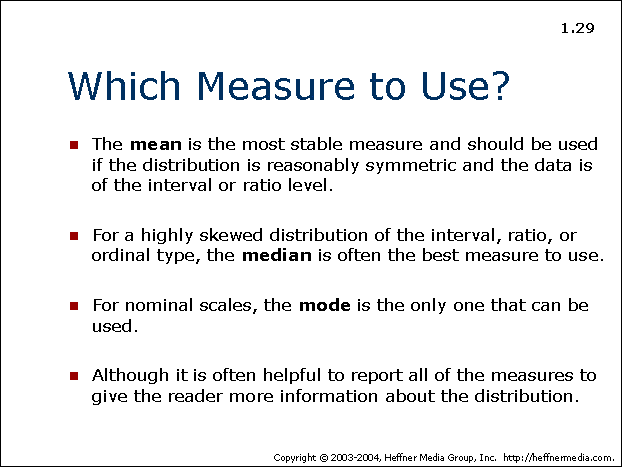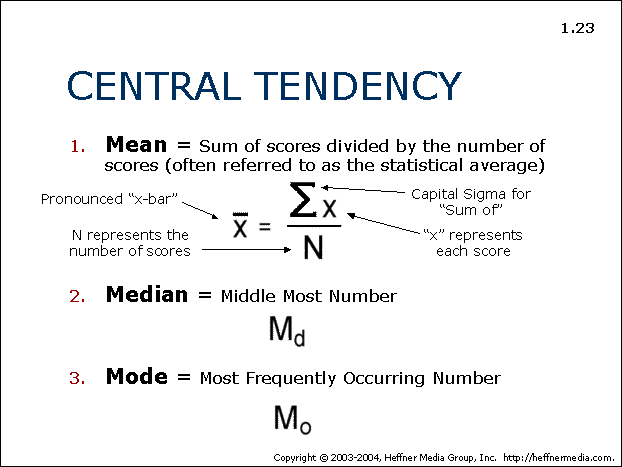General Psychology
Most People Think They’re Happier Than Average
We sometimes have trouble figuring out how to compare our own experiences with those of other people. That much is obvious from the study I wrote about earlier this week in which people tended to underestimate how similar their emotional reactions would be to those of others. After all, thinking about ourselves in a purely…
Read MorePeople Underestimate Ability to Take Others’ Perspectives
As we go through life, we frequently find ourselves trying to guess what’s going on in other people’s minds. Our society runs smoothly partly because of people’s ability to infer each other’s perspectives. And when it doesn’t run smoothly, people’s failure to understand each other is often a factor. There are two main techniques people…
Read MoreLess Autonomy Could Mean More Anxiety in Youth
What’s one way to make a kid anxious? Give them less autonomy, apparently. A study of 88 children and adolescents between the ages of 6 and 17 has found that youth with higher levels of anxiety tend to report being granted less autonomy by their mothers. Done by researchers at Columbia University Medical Center and…
Read MoreIgnoring the News Makes People Care Less
With TVs, videos and online content all around us, we often find ourselves having to block out different kinds of media. After all, with the information overload that’s possible in modern society, knowing when to ignore screens is the only way to avoid constant distraction. What are the effects of, say, tuning out a news…
Read MoreOlder and More Altruistic?
There’s something intuitively satisfying about the idea that we become less self-centered as we age. It fits with the image that “older” also means “wiser.” And according to a new study from researchers in Singapore, there may be some truth to the theory that aging and altruism go together. Specifically, the researchers looked at what…
Read MoreThe Effects of Weight Teasing
For children, the mental health consequences of being teased about their weight may be more significant than the consequences of simply being overweight – that’s according to a new study from researchers in Germany. The study surveyed over a thousand children between the ages of 7 and 11 over the course of two years. The…
Read MoreSurgery for Psychopaths?
The possibility that there are people around us who more or less look and act like us but don’t feel empathy like us is enough to give anyone the heebie-jeebies. What if we could make psychopaths feel like us too, though? If we could “fix” psychopaths, should we? A pair of philosophers from Croatia have…
Read MoreOptimism and Autobiography
What’s your life story? Apparently, how you answer that question is related to how optimistic you are about the future. The way we interpret the past is closely tied up with our expectations for what’s to come. In a new study, researchers asked people to relate autobiographical memories, then analyzed the themes these people emphasized…
Read MoreWhen Do Students Succeed?
There’s a lot of appeal to the idea that we can do scientific studies into how people learn, then use the information from those studies to develop better teaching methods. In practice, of course, things are complicated: different studies say different things, and insights from research don’t always make it into the classroom. So a…
Read MoreNightmares and Imagery Rehearsal Therapy
Maybe you’ve heard that if you have a recurring nightmare, you should try imagining a new version of the dream and rescripting a more pleasant ending. It’s a simple idea, but one that psychology researchers have elaborated into an entire method of therapy for people with chronic nightmares. Most people experience nightmares from time to…
Read More



